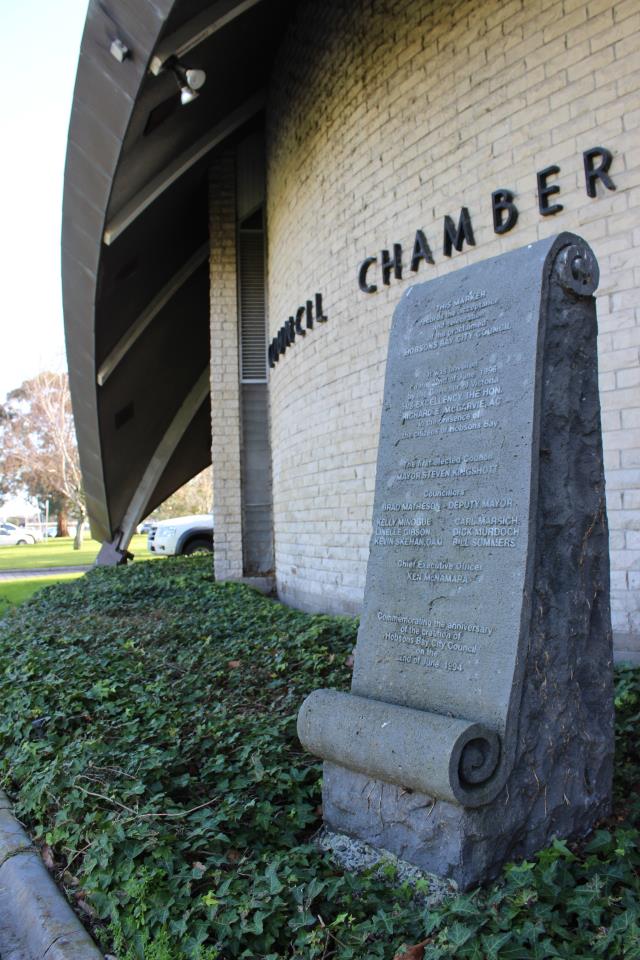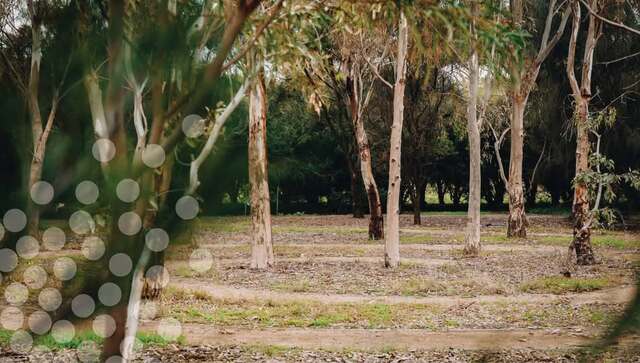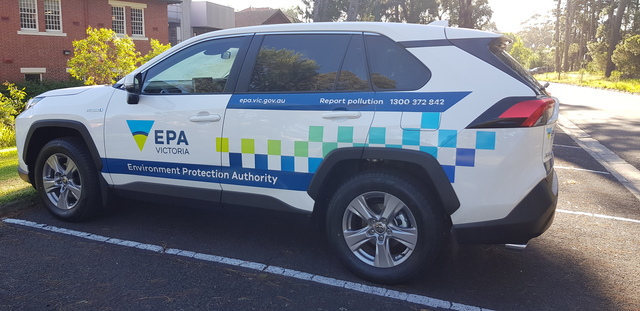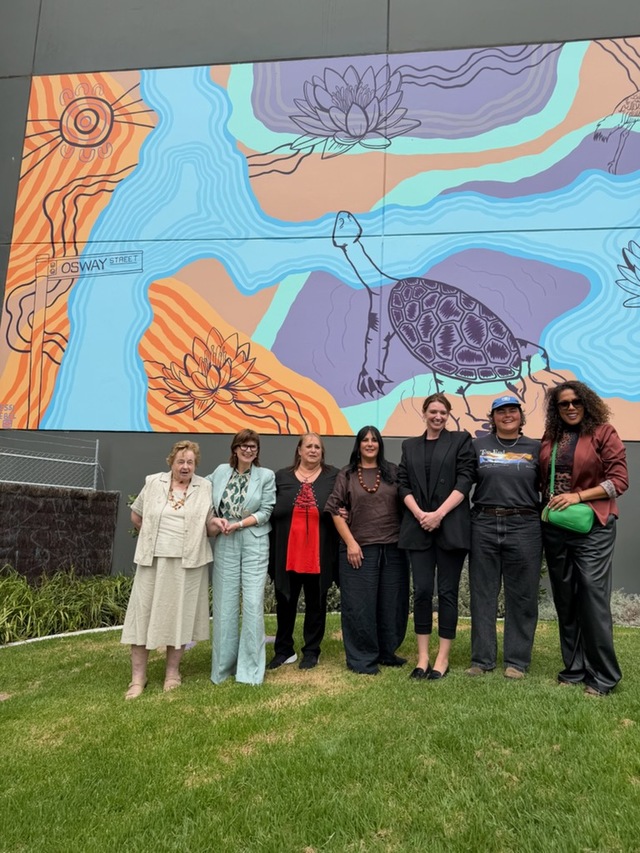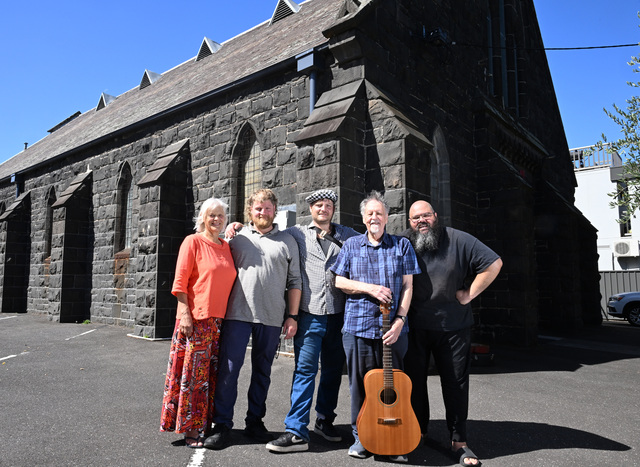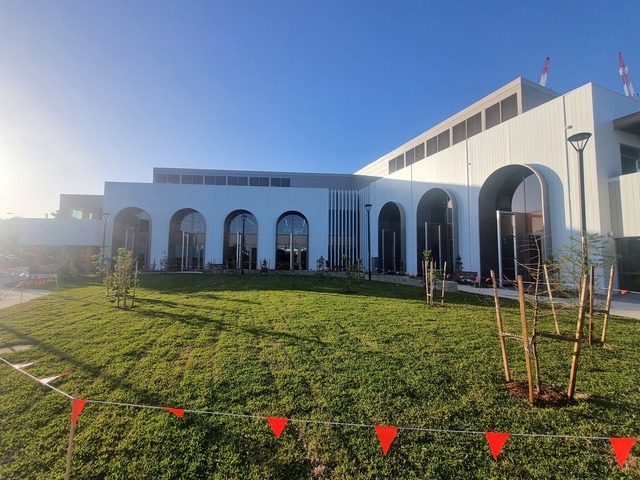It’s the news nobody wants to hear: your condition is terminal.
Sadly, though, it is a message delivered by doctors to scores of people in our region every day.
Causes of death vary, and weeks, months, even years may pass, but everyone who receives an end-of-life diagnosis shares one common experience: the world suddenly becomes complicated.
There are difficult conversations that need to be had with friends, family and medical professionals. Plans for the final days have to be made, decisions enacted to cover the time when decision-making may not be possible.
The house might need to be modified. Carers and other helpers might need to be found and engaged. Will mobility aids be required? Are there support groups? Where are the funds to come from? And – most importantly – where are all these answers to be found?
It seems a particularly cruel twist of fate that life becomes more difficult as a result of discovering that it’s coming to an end.
In conjunction with experts in ageing and chronic disease, North Western Melbourne Primary Health Network has created Australia’s first website directory and resource collection designed for people who have received an end-of-life diagnosis, their friends, family and those who care for them.
Called Lately, the website which launched this month, features a series of easy-to-understand questions and conversation-starters designed to start important discussions about the dying process. These include How do I tell people I’mdying?,Who do I need around me at the end of my life?, and How do I find services for LGBTIQ people?.
There is information, too, on the how and why of advanced care planning – the process of formalising wishes about end-of-life treatments, religious rituals, funeral arrangements and related matters.
This is particularly important. People naturally don’t like to talk about the death of loved ones, so all too often these crucial decisions don’t arise until the person concerned enters their final hours. Sometimes this results in family arguments, anxiety and stress, adding misery to what is already a difficult time.
The advice and information on Lately were contributed and reviewed by experts, but advice can be of limited value if there is no opportunity to act on it.
For this reason, the site also contains an extensive and growing database of service providers – organisations and businesses in our region which deliver a very wide range of help. These include disease-specific support groups, counsellors, dementia assistance, mobility aid hire, financial planning, home care, mental health support, spiritual guidance, veteran assistance and much more.
Access to Lately is free, as are many of the services listed. It can be found atlately.org.au .
Nobody wants to receive the awful news – but now, perhaps, the aftermath can be a little less challenging.


